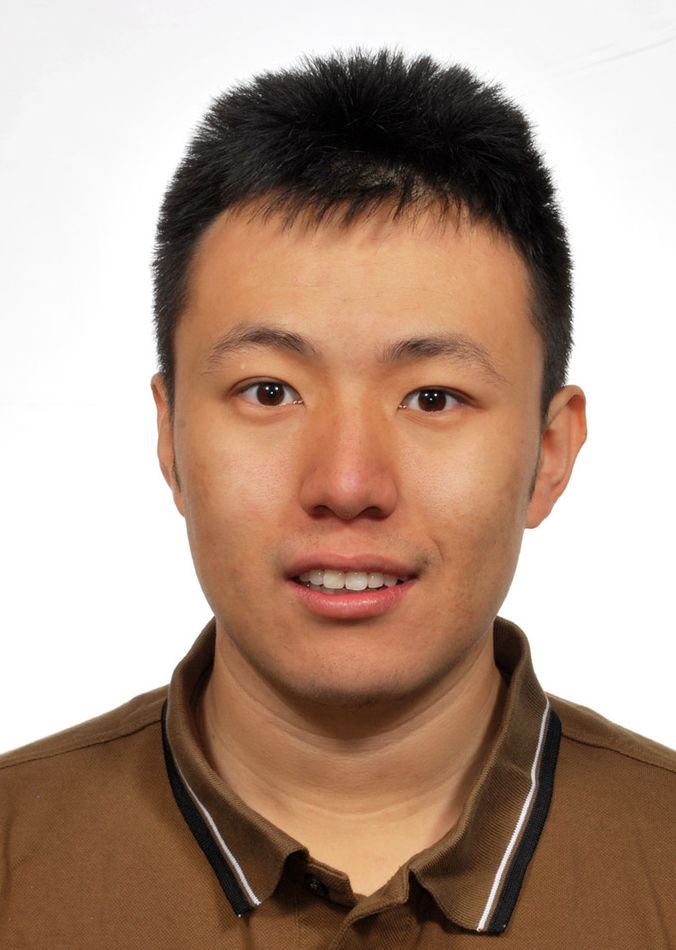Imaging has revealed great discoveries in many scientific fields, such as astronomy, biomedicine, and material science. In turn, these discoveries have motivated new scientific goals that require imaging in extreme conditions, such as extremely short time scales and super resolutions. To overcome these challenges for future scientific imaging, we need to develop intelligent computational imaging systems that seamlessly integrate imaging hardware, advanced computational inference algorithms, and active control systems.
In this talk, I will discuss two computational imaging techniques I have developed for advancing future astronomical and biomedical sciences, including the high-resolution black hole imaging and the compressed sensing Magnetic resonance imaging (CSMRI). First, I will introduce Deep Probabilistic Imaging: a novel variational inference algorithm that trains a deep generative model to quantify the uncertainty of a reconstructed image. Since the black hole images or the CSMRI images are both reconstructed from under-sampled Fourier components, this approach helps to better characterize the confidence of patterns in the reconstructed images, leading to more reliable scientific interpretations or medical diagnosis. Second, I will present a deep learning co-design approach that jointly optimizes a sensing policy with an image reconstructor. This algorithm has been demonstrated in selecting new telescope locations for future black hole observations and designing active acquisition policy for optimal MRI k-space measurements. This talk will end with a discussion of other challenges and opportunities of computational imaging in astronomy and biomedicine, including but not limited to, dynamic and 3D imaging of scientific and biomedical targets, and adaptive optics in telescopes and microscopes.
Bio: He Sun is a postdoctoral researcher and Amazon AI4Science Fellow in the Department of Computing and Mathematical Sciences at the California Institute of Technology. He obtained his Ph.D. from Princeton University in 2019 and his B.Eng. degree from Peking University in 2014. His research focuses on computational imaging systems and algorithms, especially their applications in astronomical and biomedical sciences. His PhD thesis is about the next-generation space telescope’s adaptive optics system for high-contrast exoplanet imaging. His machine learning imaging methods have already been used in several prestigious international astronomical imaging missions, including the high-resolution black hole imaging with the Event Horizon Telescope.

